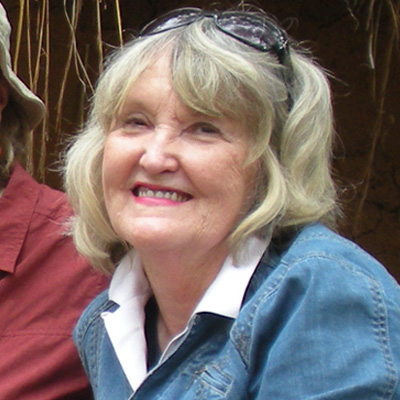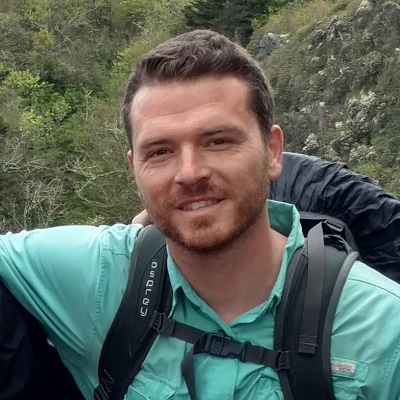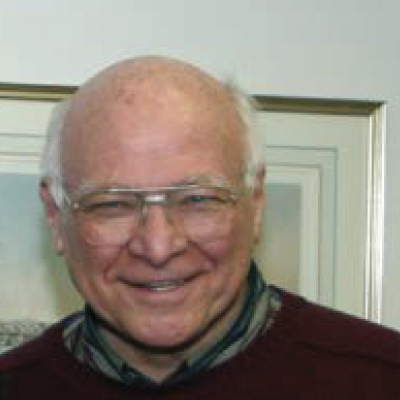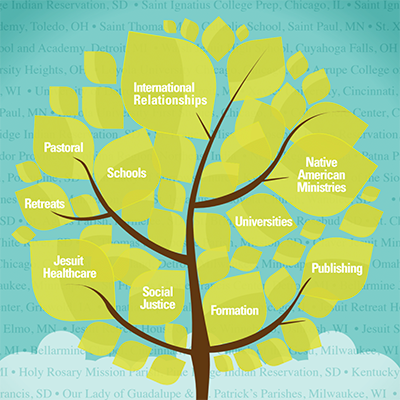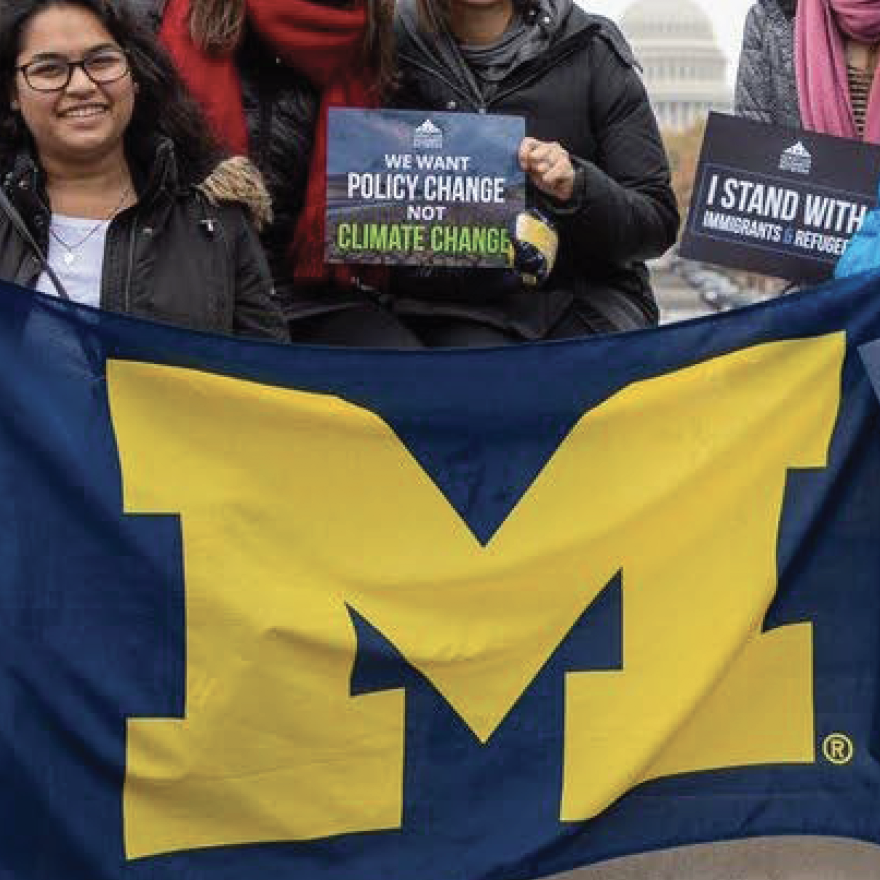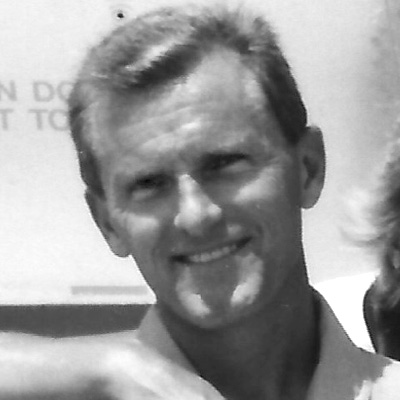
By Michael Austin
The late author Fr. Tom Clancy, SJ, of Loyola University New Orleans (not to be confused with celebrated military novelist Tom Clancy, who was Jesuit-educated in Maryland), suggests in his book An Introduction to Jesuit Life that the “solider-saint” moniker attached to St. Ignatius is misleading. The military and spiritual eras of St. Ignatius’s life were completely distinct.
But what about Jesuits who serve as military chaplains, or Jesuit-educated people who become soldiers? The consensus of the Jesuit community at large would likely be that a vital military is necessary, and war is inevitable. Still, there are tough questions about the intersection of military experience and an Ignatian education. Mike Stanley and John Fulcher, both Jesuit-educated, have thought them through.
Growing up on a farm near Des Moines, not far from an Iowa Air National Guard base, Stanley marveled at the Air Force jets that screamed across his family’s land. He set his sights on becoming a fighter pilot himself, but years later shifted his focus to medicine. After graduating from Creighton University in 1979, the medical school plan hit a snag, and an Air Force opportunity presented itself. Through much thought and prayer, Stanley decided his boyhood dream was meant to be; he would learn to fly.
“Before spending millions of dollars training us, they said, ‘I know a lot of you are religious, but moving forward you have to come to peace with the idea of bringing death and destruction to enemies of the United States—and if you have any problem with that, you have to come forward,’” says Stanley, who went on to become both an A-7D and F-16C fighter pilot who flew all around the world, including Iraq, in his 26 years of service.
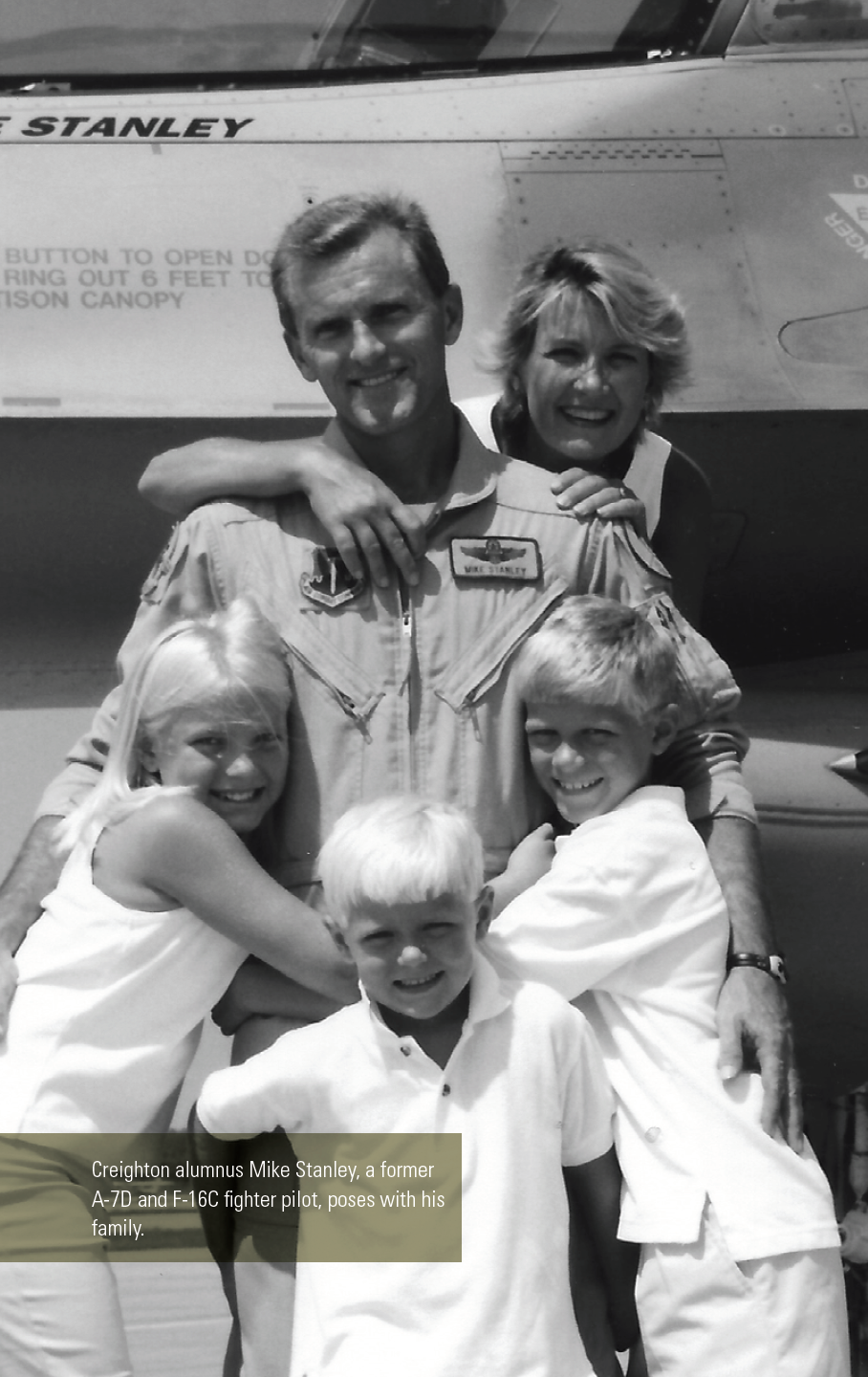
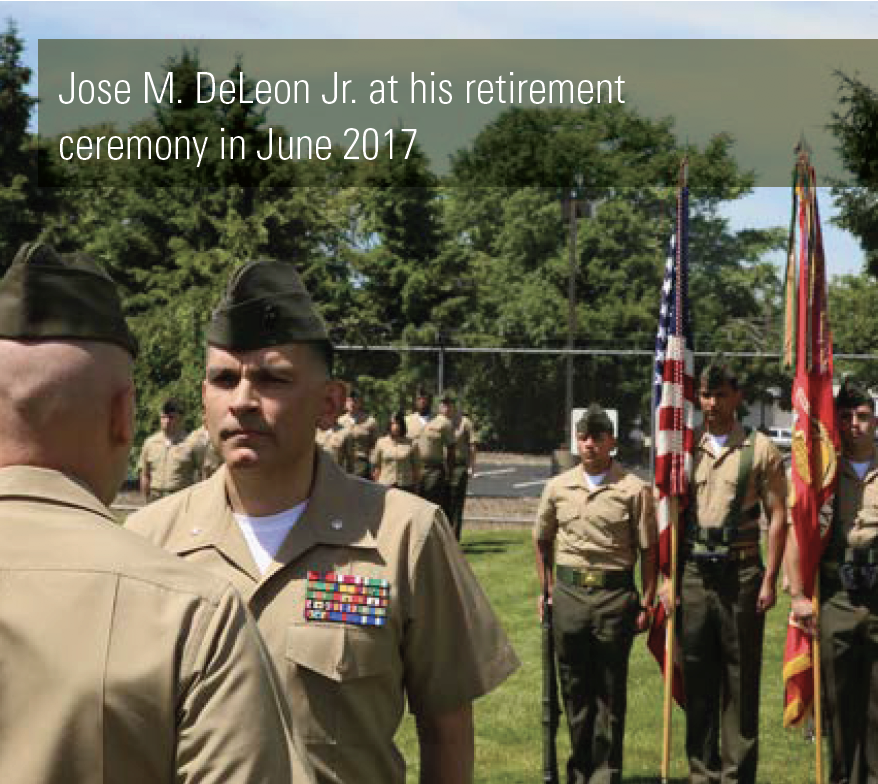
— Retired Lieutenant Colonel
Jose M. DeLeon Jr., graduate of Loyola
University Chicago and Gonzaga
University
Learn about Jesuit Fr. Benjamin Morin’s time as a POW and subsequent entry into the Society at JesuitsMidwest.org/Morin2020
There was no judgment in that Air Force sit-down, Stanley recalls. He had come from a close-knit Catholic community that supported the military. That and his experience at Creighton— discussing religion and philosophy with Jesuits and fellow students—helped him come to terms with the challenging concept. History also factored in.
“Hitler’s Third Reich, and his goal of world domination, along with Japan’s ruthless quest for the same, is just one example of why it was easy for me to justify using deadly force when the cause is just and the result brings peace to the world,” Stanley says.
World War II was brought to an end by brute force and soldiers willing to sacrifice themselves, he says. “Selfless examples of this can be found in cemeteries around the world, and defeating such evil is as Christ-like as one will find on earth.”
John Fulcher, a graduate of both Marquette University and Marquette University High School, also credits his Jesuit education for guiding him through military service. Joining the ROTC program in 1982 had given him pause, especially considering how fresh the memory of Vietnam was at the time. But his passion for flying won out.
Fulcher’s military career led him to Washington, D.C., where he served as a U.S. Naval intelligence officer during the First Gulf War in the early 1990s. Before that, he was a bombardier-navigator on a Grumman A-6 Intruder.
“I was trained to drop all sorts of weapons, none of which are good in the eyes of a dove,” Fulcher says. “I was also nuclear-weapons trained. God forbid I ever had to drop one of those.”
Through good and bad times in the Navy, Fulcher was able to draw a line back to the Jesuits in Milwaukee. When he delivered a eulogy on a ship for his roommate who had been killed while flying, he found peace and tranquility in prayer. The same was true when he felt alone and infinitely far from home.
During free time, the camaraderie he experienced with fellow sailors was a direct result of the fellowship he had learned at Marquette. He often reminded himself that his military days were part of a greater purpose—that he was defending his loved ones back home and fighting for a just cause.
“At the end of the day,” he says, “it was service.”
He admits that the issue is never clear cut, but truly believing in the cause has always helped him answer questions of Christian morality.
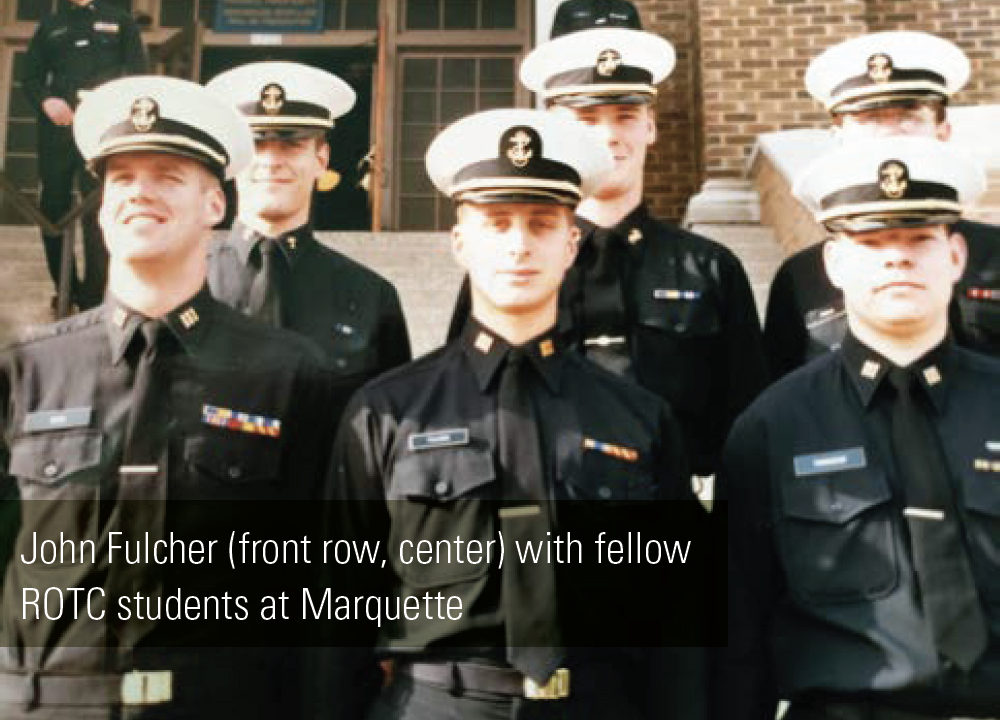
“Whether you were the enlisted guy cooking in the kitchen or the guy at the pointy end of the spear, you were all on the same mission,” Fulcher says. “The First Gulf War, in the minds of most people, myself included, was a very just war. But you don’t get to pick and choose, and luckily I didn’t have to. Like, how would I have felt about Vietnam? Don’t know. Might not have entered.”
